Strolling Yanaka in Tokyo
Tokyo is best known for its big-city-ness: huge, new, shiny, crowded, and exciting. I found it overwhelming in terms of noise and crowds, and also in terms of choices: where to go, what to do, what to eat, where to sleep. Add to that my functional illiteracy—I can’t read Japanese lettering or say more than “konichiwa” (hello) and “arigato” (thank you)—and the Japanese’s surprisingly low level of English, and you can understand why I found Tokyo a bit too much after a couple of days.
(Disclosure: This article contains affiliate links. If you make a purchase through an affiliate link, I will get a small commission. It will not affect your price.)
To give you an idea of how busy the city is, the video below shows the famous Shibuya Crossing in Tokyo. I filmed it in the middle of the day, not at rush hour, from a window in the metro station next door. The sounds you hear are mostly from inside the station, not from the street.
It shouldn’t be a surprise, then, that my most enjoyable day in Tokyo was the one I spent exploring the Yanaka neighborhood.
Yanaka, Tokyo, is a low-rise area: small, one or two-storey buildings for the most part, lots of trees to keep it all pleasantly shady, and dozens, literally dozens, of temples, all within just a very small area. The narrow streets wind between the temples and small houses, and the peace is only occasionally broken by a passing bicycle zipping by.
Yanaka Tokyo temples
Each temple in Yanaka sits in a small walled compound. The gate is open to the public and the small garden surrounding each temple is always carefully manicured. The shrubs are neatly-pruned, the moss is weeded, the stone walkways are clear of fallen leaves. Sometimes the scent of incense wafts above the garden’s humus smell. Some of the temples are open, so visitors can light incense and pray at the altar. Others are closed, but visitors pray outside instead.
Also in each compound is the home of the caretaker monk and his family. I didn’t realize this until, in one of the temples, I nearly wandered into someone’s house, thinking it was the entrance to the temple. I had wondered at the incongruous sight of a single car parked next to each temple; now I knew!
Many of the compounds also include a graveyard, with tree-shaded gravestones crowded together, and, in some of them, carved wooden markers as well.
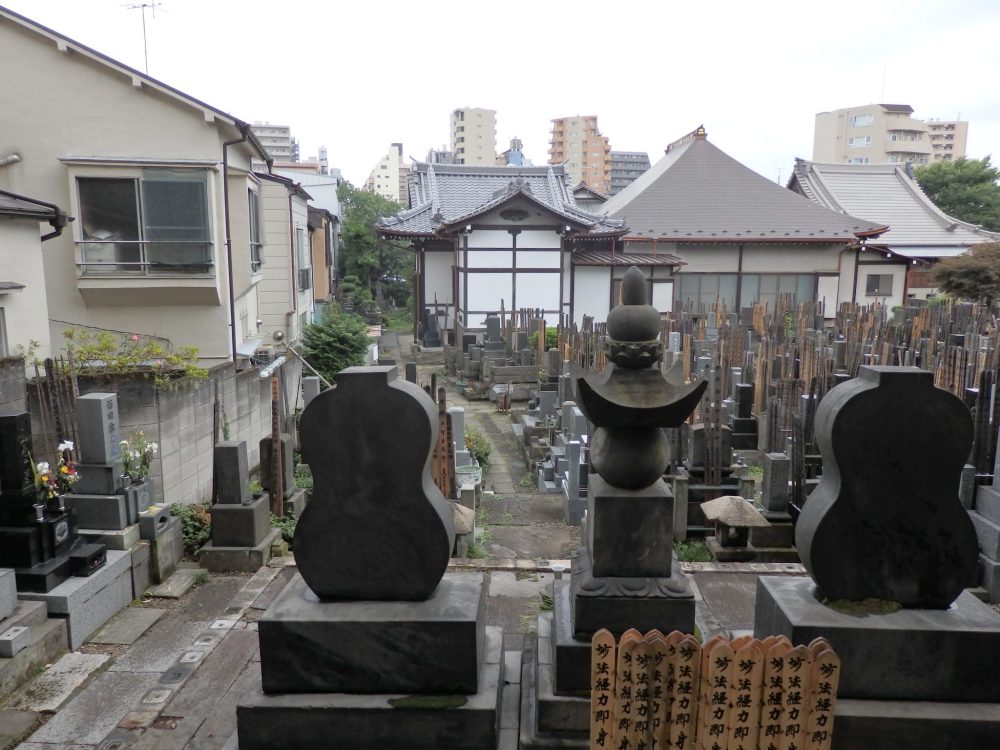
Here are some other articles that might interest you:
- Tokyo, Anime and my Son
- A Free View of Tokyo from Tokyo City Hall
- 5 Tokyo Gardens
- A Baseball Game in Japan
- Traveling by train in Japan: 8 tips
Allan West’s Yanaka studio
My Lonely Planet guide mentioned an artist who lives in Yanaka, Allan West, who comes from Washington, DC. I wasn’t particularly searching for his studio, but happened upon it anyway. Although he wasn’t in, I was able to view some of his work, which, at first glance, looks like traditional Japanese painting. He learned it when he studied Fine Arts at Tokyo University of the Arts, but it seemed to me that he adds just a hint of a Western sensibility. One screen, for example, on closer examination, had a touch of Jackson Pollack about it, with splashes of gold paint.
In any case, walking through Yanaka Tokyo calmed me. Even in such a sleepy neighborhood—there was almost nobody around in the middle of a weekday—stepping into a temple compound, admiring the garden, added an even deeper layer of calm. Tokyo is such a place of over-stimulation that I felt myself relax so I could slow down and just see where my wandering took me.
Getting to Yanaka Tokyo
To get to Yanaka, take the JR Yamanote line and get off at Nippori Station, leaving at the south exit. All of the temples are within walking distance from there. They don’t charge admission, but then many won’t be open.
This blog, called Exploring Old Tokyo, has more information on the temples, and includes a walking tour around 18 of them.
Find accommodations in Tokyo here. Use the map function to find a place near Yanaka.
Is there a place in your city where you go for its calm? Add a comment below!
If you liked this article, please share it on social media!
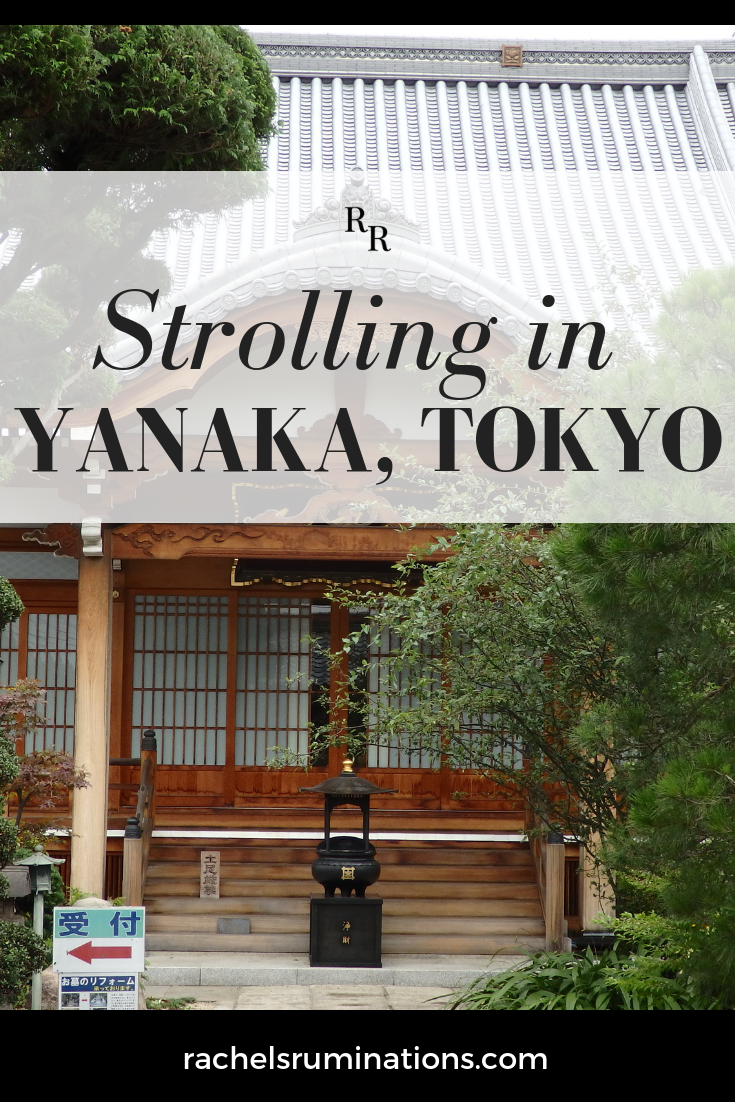
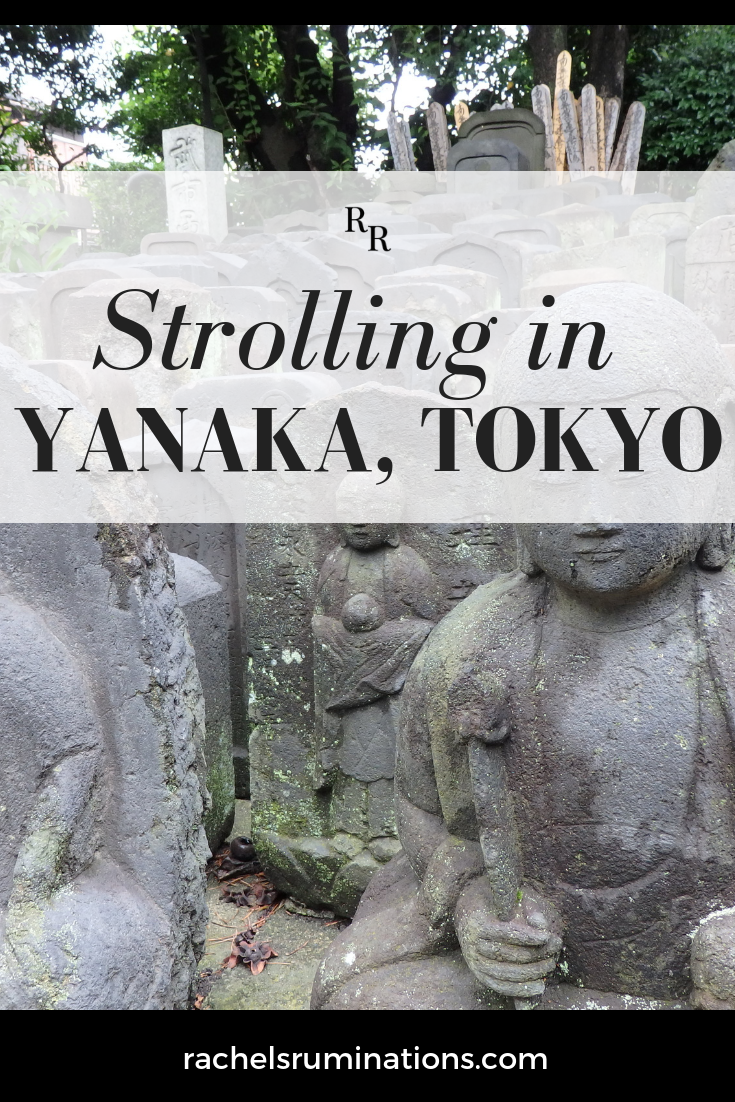
My travel recommendations
Planning travel
- Skyscanner is where I always start my flight searches.
- Booking.com is the company I use most for finding accommodations. If you prefer, Expedia offers more or less the same.
- Discover Cars offers an easy way to compare prices from all of the major car-rental companies in one place.
- Use Viator or GetYourGuide to find walking tours, day tours, airport pickups, city cards, tickets and whatever else you need at your destination.
- Bookmundi is great when you’re looking for a longer tour of a few days to a few weeks, private or with a group, pretty much anywhere in the world. Lots of different tour companies list their tours here, so you can comparison shop.
- GetTransfer is the place to book your airport-to-hotel transfers (and vice-versa). It’s so reassuring to have this all set up and paid for ahead of time, rather than having to make decisions after a long, tiring flight!
- Buy a GoCity Pass when you’re planning to do a lot of sightseeing on a city trip. It can save you a lot on admissions to museums and other attractions in big cities like New York and Amsterdam.
- Ferryhopper is a convenient way to book ferries ahead of time. They cover ferry bookings in 33 different countries at last count.
Other travel-related items
- It’s really awkward to have to rely on WIFI when you travel overseas. I’ve tried several e-sim cards, and GigSky’s e-sim was the one that was easiest to activate and use. You buy it through their app and activate it when you need it. Use the code RACHEL10 to get a 10% discount!
- Another option I just recently tried for the first time is a portable wifi modem by WifiCandy. It supports up to 8 devices and you just carry it along in your pocket or bag! If you’re traveling with a family or group, it might end up cheaper to use than an e-sim. Use the code RACHELSRUMINATIONS for a 10% discount.
- I’m a fan of SCOTTeVEST’s jackets and vests because when I wear one, I don’t have to carry a handbag. I feel like all my stuff is safer when I travel because it’s in inside pockets close to my body.
- I use ExpressVPN on my phone and laptop when I travel. It keeps me safe from hackers when I use public or hotel wifi.


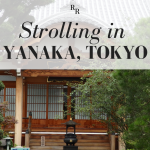
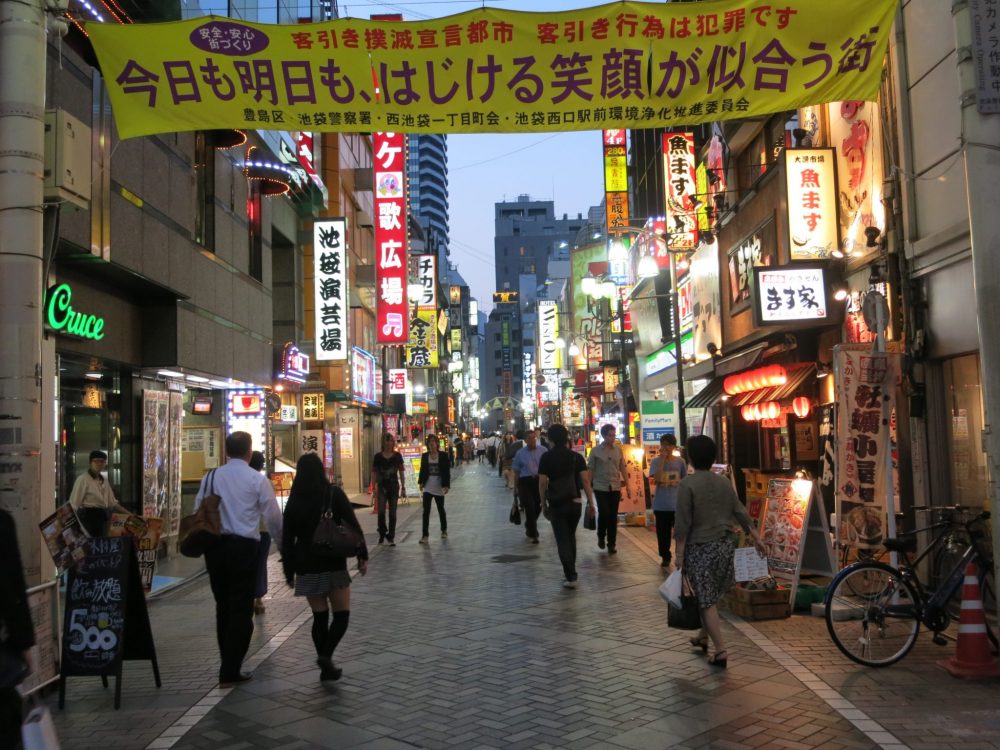
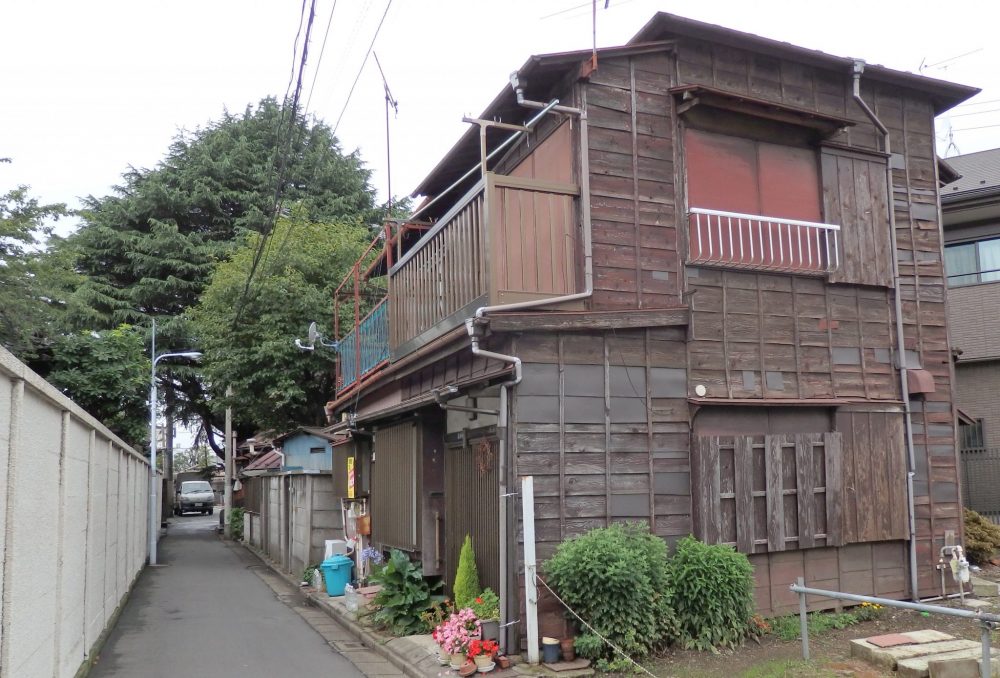
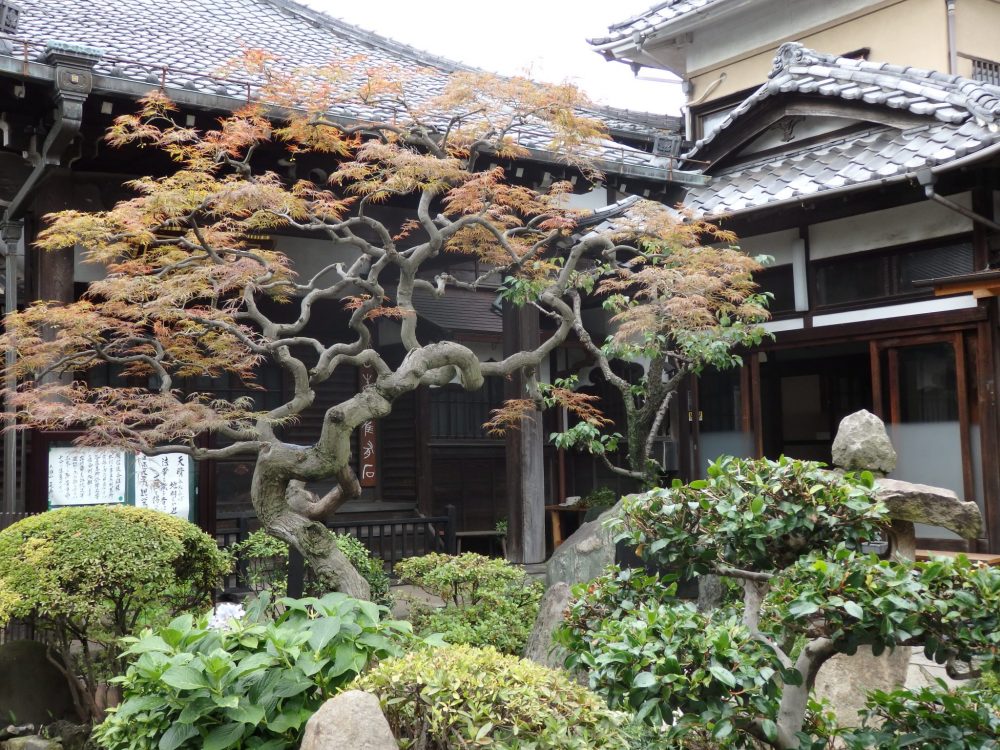
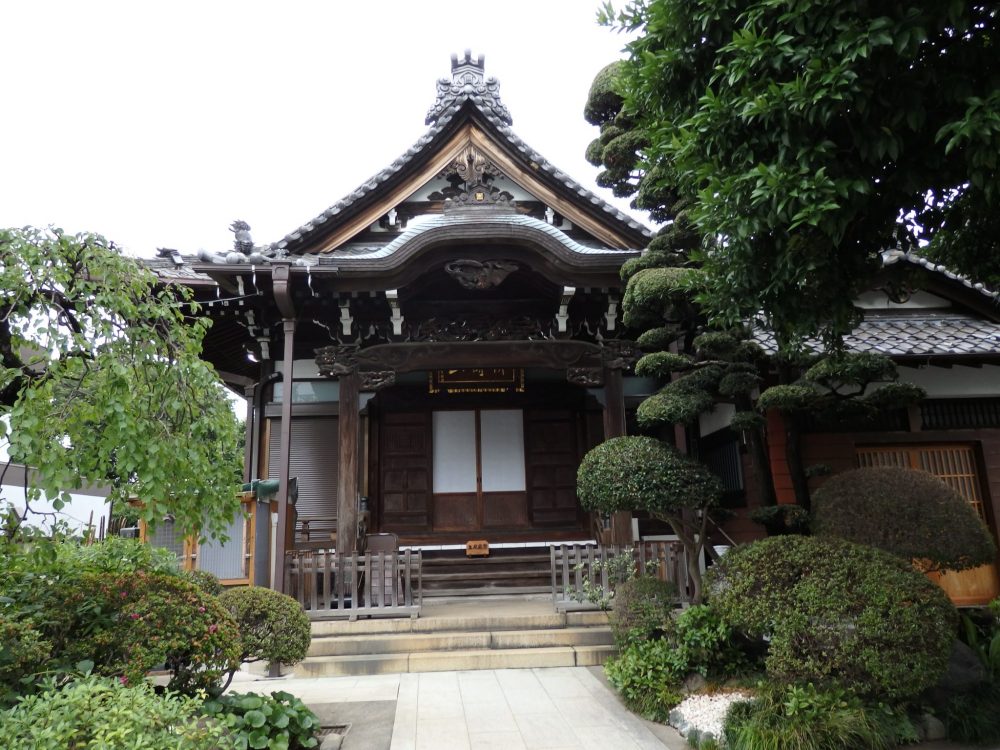
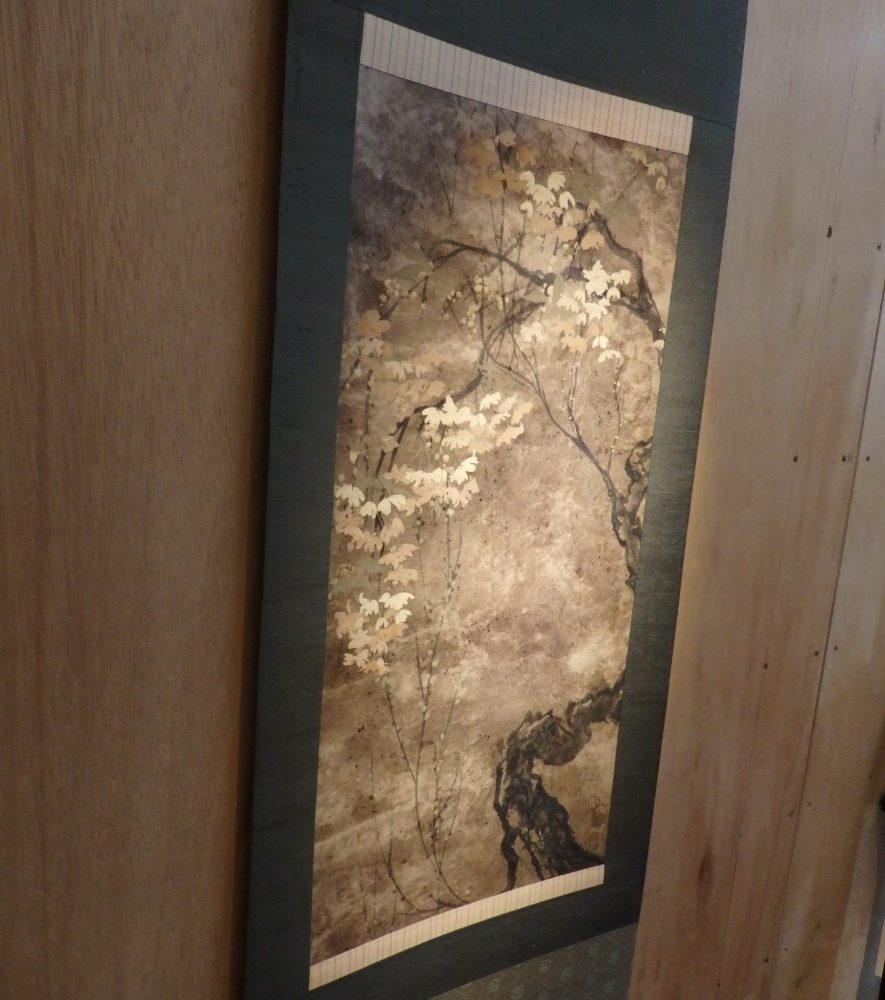

Rachel, I got the same feeling you are describing here in Shanghai. After days of walking thru the multitudes, I had to escape. I crossed the river and was able to find areas where I was able to eat and shop without being pushed or stepped over. Thanks for sharing your Tokyo finding.
People were very polite in Tokyo: no pushing or rudeness of any kind. It was just too much sensory stimulation after a while: the noise level and signage and lights all over the buildings. Yanaka was a welcome break.
I remember being amazed at that Shibuya crossing when we saw it and then crossed along with the rest of the crowd. That part of Tokyo is certainly bustling. On our way to a museum, we ended up in a quieter part of town. I’m not quite sure where we were, but I also made note of how it showed a calmer side of the big city. Yanaka sounds very interesting, and I do like that painting that you photographed.
The image I had of Tokyo before I went there was like Shibuya. I was happy to find that Tokyo isn’t ALL like that!